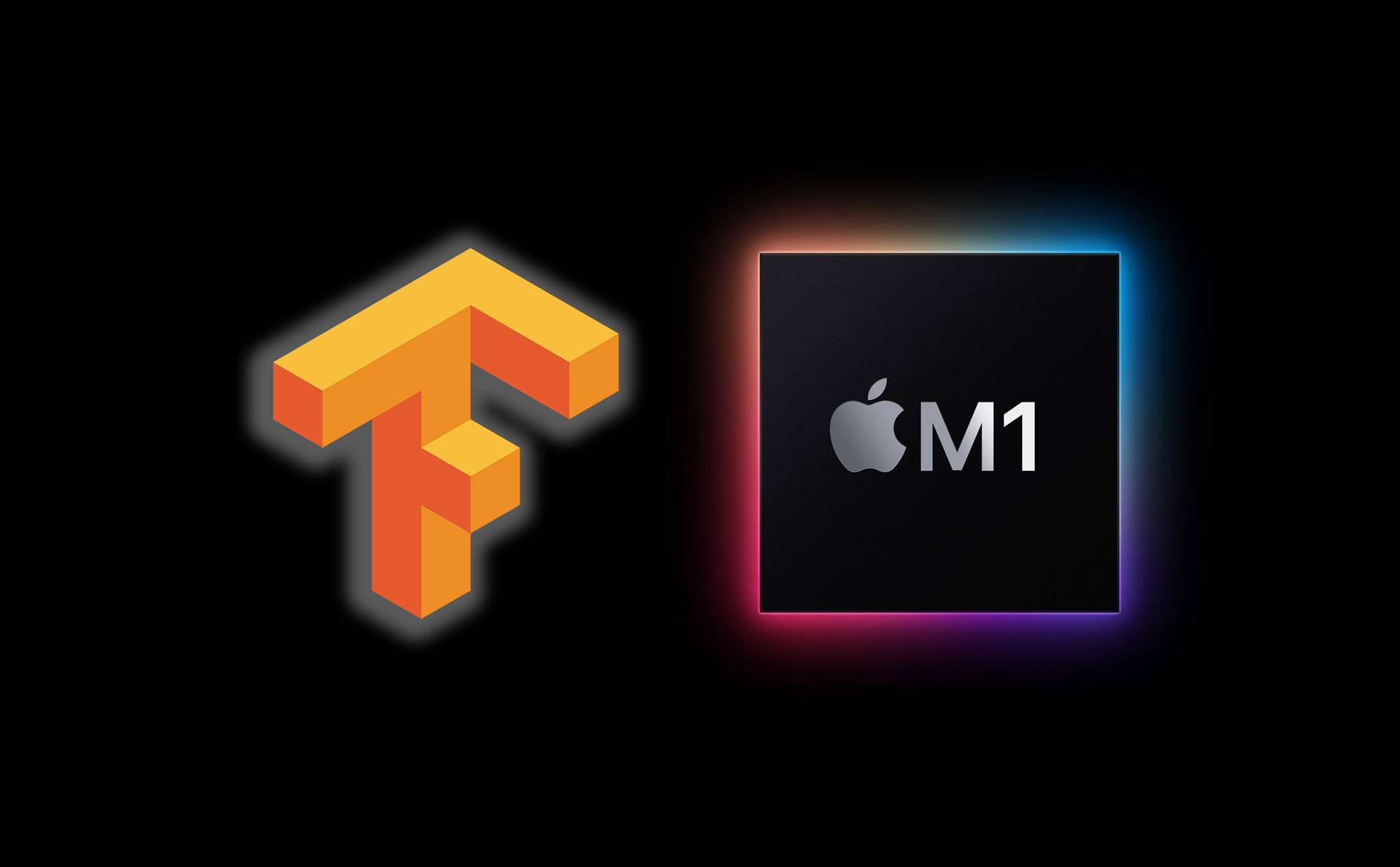
TensorFlow has made significant progress in supporting Apple’s M1 architecture, which is based on ARM64. TensorFlow had started offering official support for the Apple M1 chip. However, please note that the situation may have evolved since then. Click Here to Join TensorFlow-Developer Course
Here are the steps you can follow to use TensorFlow on an Apple M1 machine:
1.Check TensorFlow Compatibility:
First, check whether your version of TensorFlow supports the M1 chip. TensorFlow began offering official support for M1 in TensorFlow 2.4 and later versions. Newer versions may have improved support and optimizations.
2.Install TensorFlow:
You can install TensorFlow for your M1 machine using pip. Make sure to use a compatible version:
pip install tensorflow
Depending on the specific TensorFlow version you want to install, you might need to use TensorFlow for macOS with Apple Silicon support. However Check the official TensorFlow website or GitHub repository for the latest installation instructions.
3.Use Rosetta 2 (Optional):
If you encounter any issues with native M1 support, you can run TensorFlow under Rosetta 2, which is a compatibility layer for running x86_64 (Intel) apps on M1. You can do this by opening a terminal and running the following command:
arch -x86_64 python
Then, you can use this environment to install and run TensorFlow as you would on an Intel-based Mac.
4.Verify TensorFlow Installation:
After installation, you can verify that TensorFlow is running correctly on your M1 machine by opening a Python shell and importing TensorFlow:
import tensorflow as tf
print(tf.__version__)
5.Update Packages:
Keep your TensorFlow and related packages up to date, as updates often include bug fixes and optimizations.
6.Build from Source (Advanced):
If you encounter issues or want to optimize TensorFlow for your M1 chip, you can consider building TensorFlow from source with specific flags and configurations. However, this is an advanced task and may not be necessary for most users.
Please note that TensorFlow’s support for Apple M1 may have evolved since my last update, and the best practices for installation and usage may have changed. Always check the Official TensorFlow documentation and GitHub repository for the most up-to-date information and installation instructions specific to Apple M1. TensorFlow on Apple M1 (Apple Silicon) processors is possible and is supported by TensorFlow through Rosetta 2 translation on macOS.
Locus Academy has more than a decade experience in delivering the training, Staffing on TensorFlow for Apple M1 for corporates across the globe. The participants for the training, Staffing on TensorFlow for Apple M1 are extremely satisfied and are able to implement the learnings in their on going projects.


